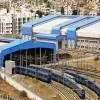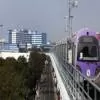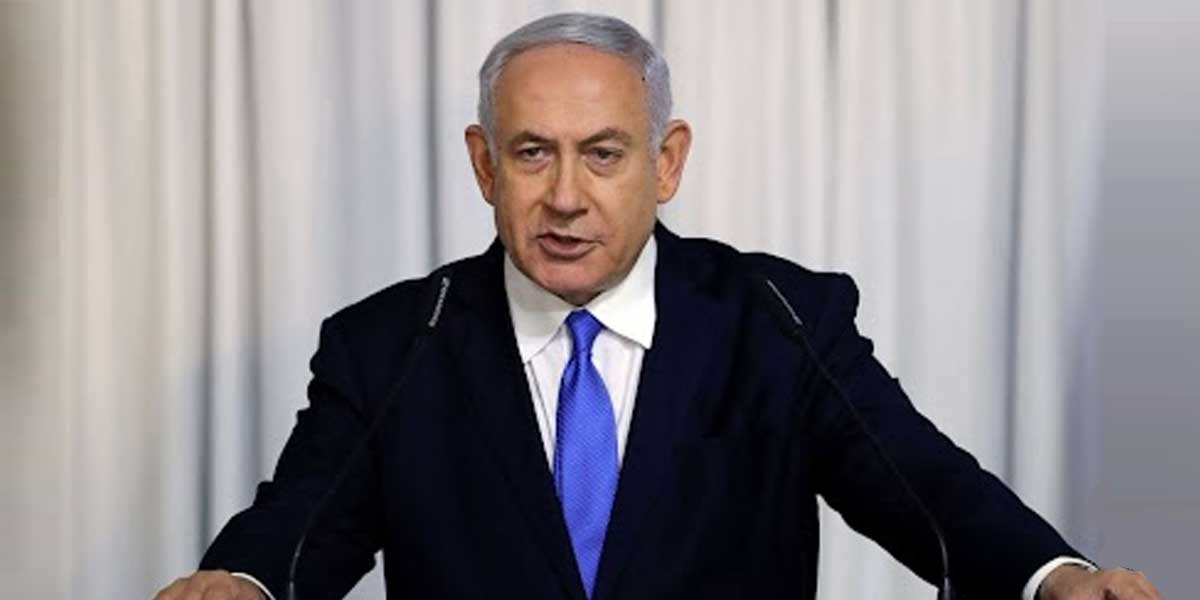
India to Europe via Middle East ‘largest cooperation project’
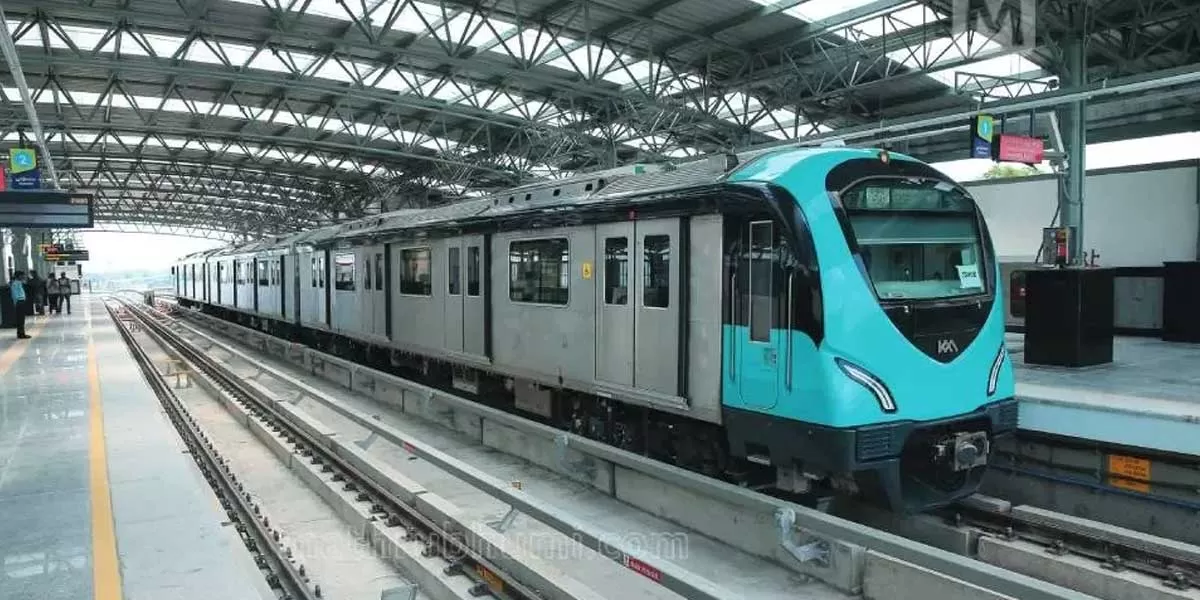
HMRTC to Extend Metro from Gurugram to Jhajjar
The Haryana Mass Rapid Transport Corporation (HMRTC) is progressing with plans to extend the Gurugram Metro from Basai to Bhadsa in Jhajjar, with the ridership survey expected to be completed by the end of January, according to HMRTC officials. In March, the authority had requested Railway India Technical and Engineering Services (RITES) to conduct a ridership survey, which will play a crucial role in finalising the project. The proposed route, covering 23.1 km from Basai to Bhadsa, will alleviate heavy traffic on this stretch. The ridership survey will determine whether the extension should p..
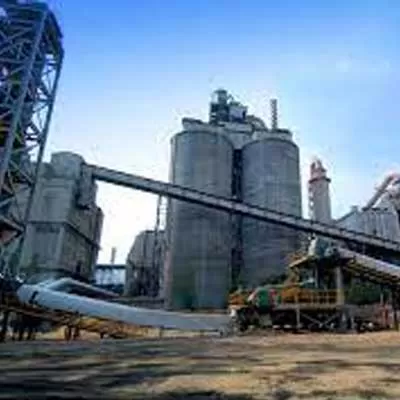
Siam Cement BigBloc Construction bags Tata Project’s order
SIAM Cement BigBloc Construction Technologies, a joint venture between Gujarat based BigBloc Construction and Thailand’s SCG International Corporation, has secured a work order from Tata Projects for supply and installation of AAC Panels for India’s first Semiconductor unit of Micron India in Sanand, Gujarat. The work order of approx. 2 lakh square feet is for supply and installation of 100 mm AAC panels for Micron India’s semiconductor factory at Sanand. The work order was finalized after several rounds of meetings, thorough due diligence, and factory visits, including review of mock-u..
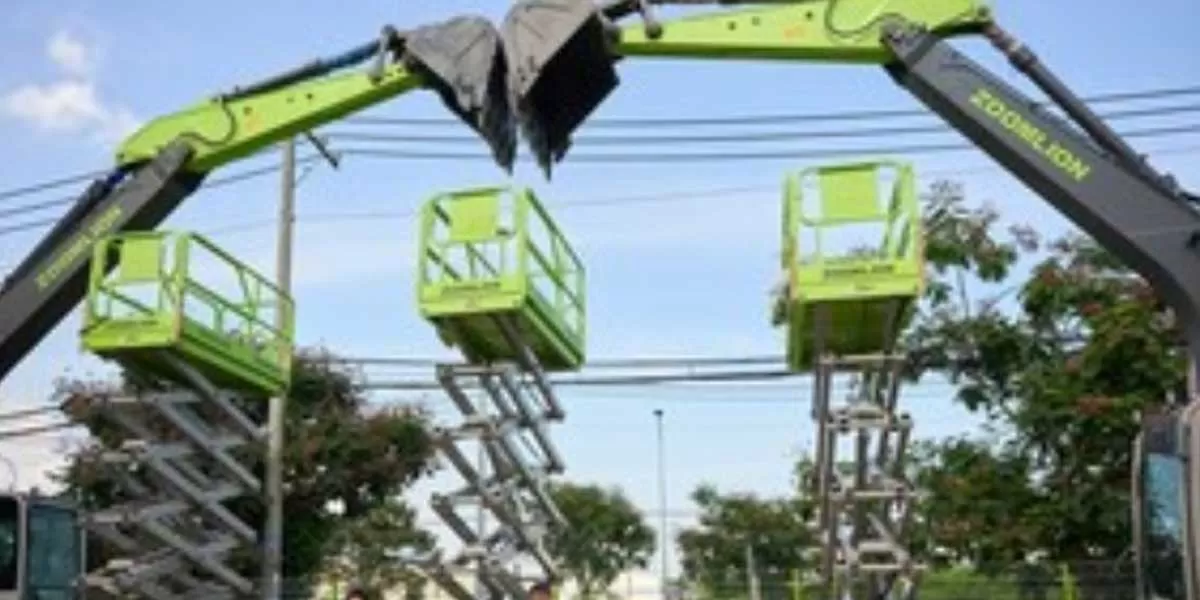
Zoomlion Releases World's Tallest Straight Boom Aerial Work Platform
Zoomlion Heavy Industry Science & Technology has released a series of groundbreaking aerial work platform (AWP) products, including the world's tallest straight boom aerial work platform, the ZT82J, with a height of 82.3 m. These innovative products further solidify Zoomlion's leadership in the AWP sector and underscore its commitment to global market development. The ZT82J marks Zoomlion's third instance of setting a world record in straight boom AWP following the 68-meter and 72-meter products. The 82.3-meter AWP boasts a platform amplitude of 34.1 meters, a maximum working load of 454 kilog..





